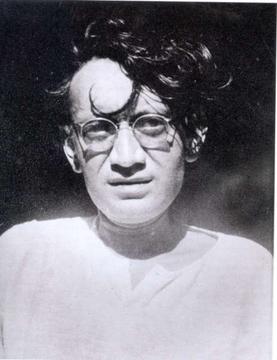
Muslims are heavily under-represented in Indian Army n paramilitary forces in India. Prof Umar Khalidi made detailed analysis of the issue in his Khaki and Ethnic Violence in India. It was one of such detailed study. Later Sachar Committee too verified the facts in this regard 

Among those under-represented in it are Dalits and Muslims. According to a January 9 note by the army to the Defence Ministry, it had only 29,093 Muslims in 2004 in a total of 11 lakh personnel. This 2.7 percent ratio compares poorly with the Muslims' 13 percent population share.
Despite some activism by Manmohan Singh led UPA government proportion of Muslims in army remains under 3%. Praful Bidwai wrote there's nothing divisive about documenting the status of different communities in India's institutions. US army compiles data on Muslims, Blacks etc
There are allegations that Muslims don't apply in the army. It is far from truth. When they apply for jobs in police and paramilitary forces where their ratio is much higher, why they will not apply for the Army where employment benefits are much better.
Many Muslim officers have graduated from country‘s 3 army academies n have become ranking officers. Army has had 8 Muslim major generals so far, while the Air Force was once commanded by a Muslim air chief marshal. Indian Military Academy has had one Muslim commandant, NDA had 2
However, compared to their ration in population this is actually insignificant. Muslims need to apply more and in larger number for recruitment in the Army and the government and the Army should make conscious efforts to employ more Muslims in the Army and para military forces.
Army follows a regimental system based on region and caste, as seen in many Commonwealth nation armies of today. These regiments usually comprise soldiers belonging to a particular caste or region, and were introduced by the British based on their “Martial Races” theory.
This is why there is no pure Muslim regiment in the force, save the Jammu & Kashmir Light Infantry, which does comprise 50 percent Muslim troops. However, it is about time corrective steps were made in this regard to end this low representation of the Muslims in Army.
• • •
Missing some Tweet in this thread? You can try to
force a refresh













